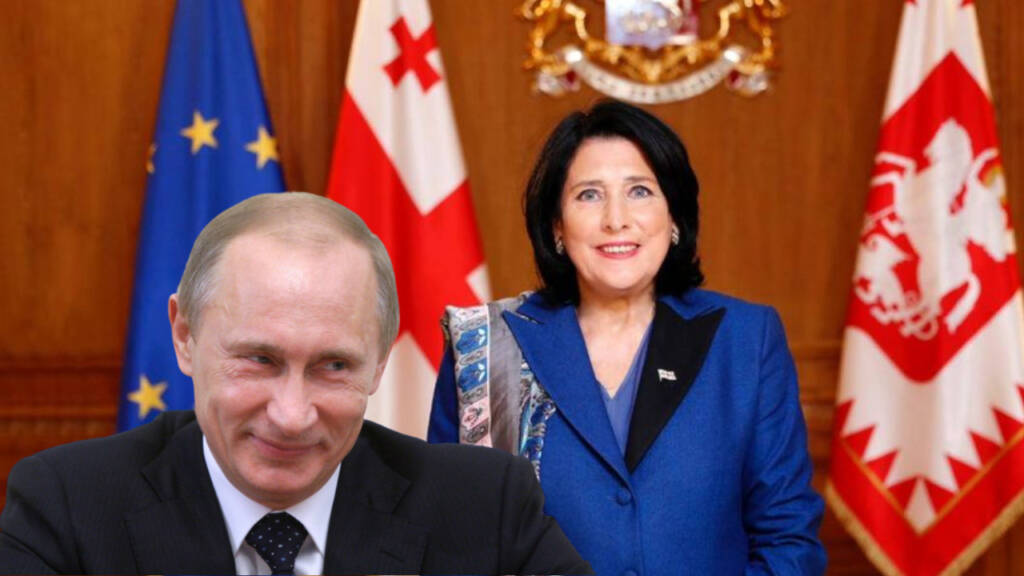A political storm is brewing in Georgia as President Salome Zourabichvili’s defiant stand against Russia has sparked a chain of dramatic events. The escalating conflict between Zourabichvili and Prime Minister Irakli Garibashvili, with their conflicting views on Russia and the European Union, has thrown the country into turmoil. In this article, we unravel the intense power struggle between these two political titans and the repercussions it holds for Georgia’s future.
The Airline Ban Backfire:
President Zourabichvili’s attempt to wield her authority over the national airline, Georgian Airways, has come back to haunt her. In a shocking turn of events, the airline’s founder, Tamaz Gaiashvili, has banned Zourabichvili from utilizing its services. Declaring her “persona non grata,” Gaiashvili demanded a public apology from the president to the Georgian people. This bold move by Gaiashvili has exposed the deep divisions within the country’s leadership.
Read More: Putin sends Georgia in a catch-22 situation
In response, Zourabichvili said that she would not be using the airline.
“I will refrain from using this airline from now on for as long as this company is in the hands of those people who will do anything for money,” Zourabichvili said in a public address.
The Flight Resumption Controversy:
Tensions soared when Russian President Vladimir Putin lifted the ban on direct flights between Russia and Georgia, along with the removal of visa requirements for Georgian travelers. While Georgian officials embraced this decision, President Zourabichvili vehemently opposed it. She urged the Georgian authorities to stand firm against Russia, citing the United States and the European Union’s call to uphold sanctions due to the Ukraine invasion. However, Zourabichvili’s appeal fell on deaf ears as a Georgian Airways plane landed in Moscow, defying her authority.
A Power Struggle Unveiled:
Behind this clash lies a deeper rift between Zourabichvili and Prime Minister Garibashvili. As Georgia’s president, Zourabichvili’s role is largely ceremonial, with executive powers vested in the prime minister. Reports suggest that the president’s relations with the government have soured due to their increasingly close ties with Russia. Zourabichvili has consistently expressed concerns about Georgia’s shifting alignment towards Russia, warning that it could jeopardize the country’s aspirations of joining the European Union. However, Prime Minister Garibashvili’s stance against EU membership and his pro-Russia leanings have fueled an intense rivalry between the two leaders.
Read More: Protests: NATO is pressing Georgia to follow the Ukraine model
On 21st May, Georgians protested against it in the heart of Tbilisi, calling on their nation to turn away from Moscow and towards the European Union.
Many Georgians are opposed to any rapprochement with Moscow since its soldiers are stationed in South Ossetia and Abkhazia, two breakaway areas that account for around one-fifth of the country’s total area.
Implications for Georgia’s Future:
The power struggle between Zourabichvili and Garibashvili carries significant implications for Georgia’s geopolitical position. The president’s unwavering commitment to Euro-Atlantic integration clashes with the prime minister’s alignment with Russia. This internal conflict not only undermines the country’s political stability but also raises doubts about its future course. With Zourabichvili’s authority being challenged and Garibashvili’s grip on power tightening, the balance of power within Georgia hangs precariously. Only time will tell how this dramatic saga unfolds and shapes the future of Georgia on the global stage.
https://www.youtube.com/watch?v=bqFqpaGcy2s
